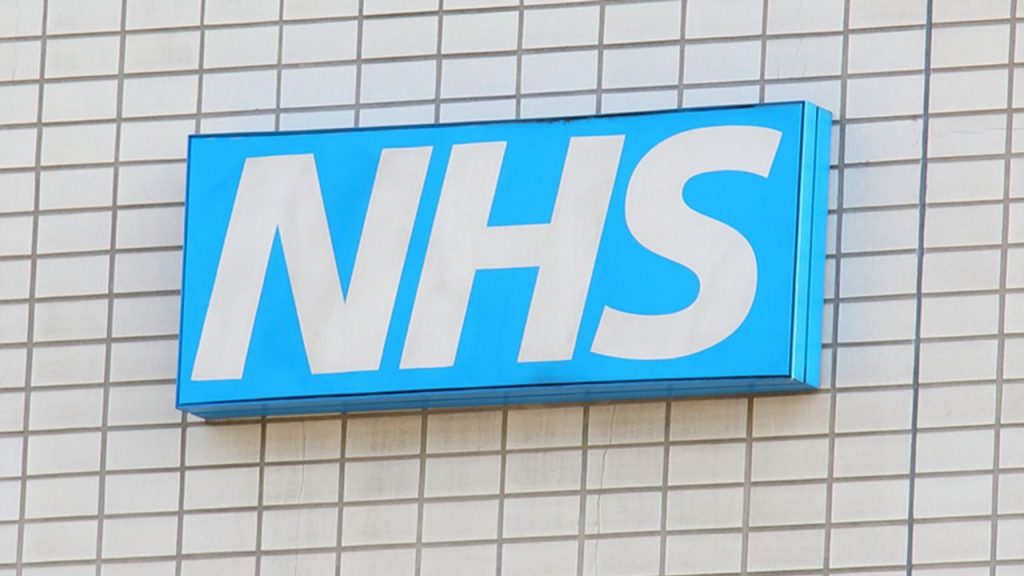By Eniola Amadu
For the first time, the National Health Service (NHS) in England and Wales will offer an injection to prevent HIV, marking a major milestone in the UK’s fight to end new HIV infections by 2030.
The long-acting jab, known as cabotegravir (CAB-LA), will be administered every two months for six times a year offering a discreet and convenient alternative to daily oral pills.
The move brings England and Wales in line with Scotland, which has already introduced the injection.
Health experts say the rollout could transform HIV prevention for people who struggle to maintain a daily pill routine or face stigma in accessing HIV prevention therapy.
Health Secretary Wes Streeting hailed the decision as “game-changing,” saying it “perfectly embodies what this government is determined to deliver cutting-edge treatments that save lives and leave no one behind.”
CAB-LA is a form of pre-exposure prophylaxis (PrEP), a medication taken by HIV-negative people to significantly reduce their risk of contracting the virus.
Traditional PrEP pills have been available for years and are highly effective, but not everyone can take them consistently due to factors such as privacy concerns, homelessness, or domestic violence.
For these groups, an injection that lasts months offers both convenience and discretion.
The treatment, developed by ViiV Healthcare, will be offered to adults and adolescents at high risk of sexually acquired HIV who struggle with oral PrEP.
It is estimated that around 1,000 people will be eligible initially. The NHS has negotiated a confidential discount on the drug, which has a list price of about £7,000 per patient annually.
Dom Topics, a PrEP user, said he was “over the moon” about the new option.
“When you look at where we are now compared to the epidemic in the 80s, HIV is no longer a death sentence,” he said.
According to NHS data, the number of people taking PrEP in England’s sexual health services continues to rise.
In 2024, about 146,098 HIV-negative individuals were identified as having a PrEP need, with over 111,000 beginning or continuing treatment, a 7.7 per cent increase from the previous year.
However, access disparities persist. Uptake remains highest among white and ethnic minority gay and bisexual men, while it is significantly lower among Black African heterosexual women and men.
Charities like the Terrence Higgins Trust have welcomed the announcement but warned that rollout speed and access equity will be crucial.
“This therapy is transformative and could tackle inequalities in HIV prevention,” said chief executive Richard Angell.
The National Institute for Health and Care Excellence (NICE) said the injections will be available in NHS sexual health clinics “in the coming months,” as England and Wales take a vital step closer to eliminating new HIV transmissions.



